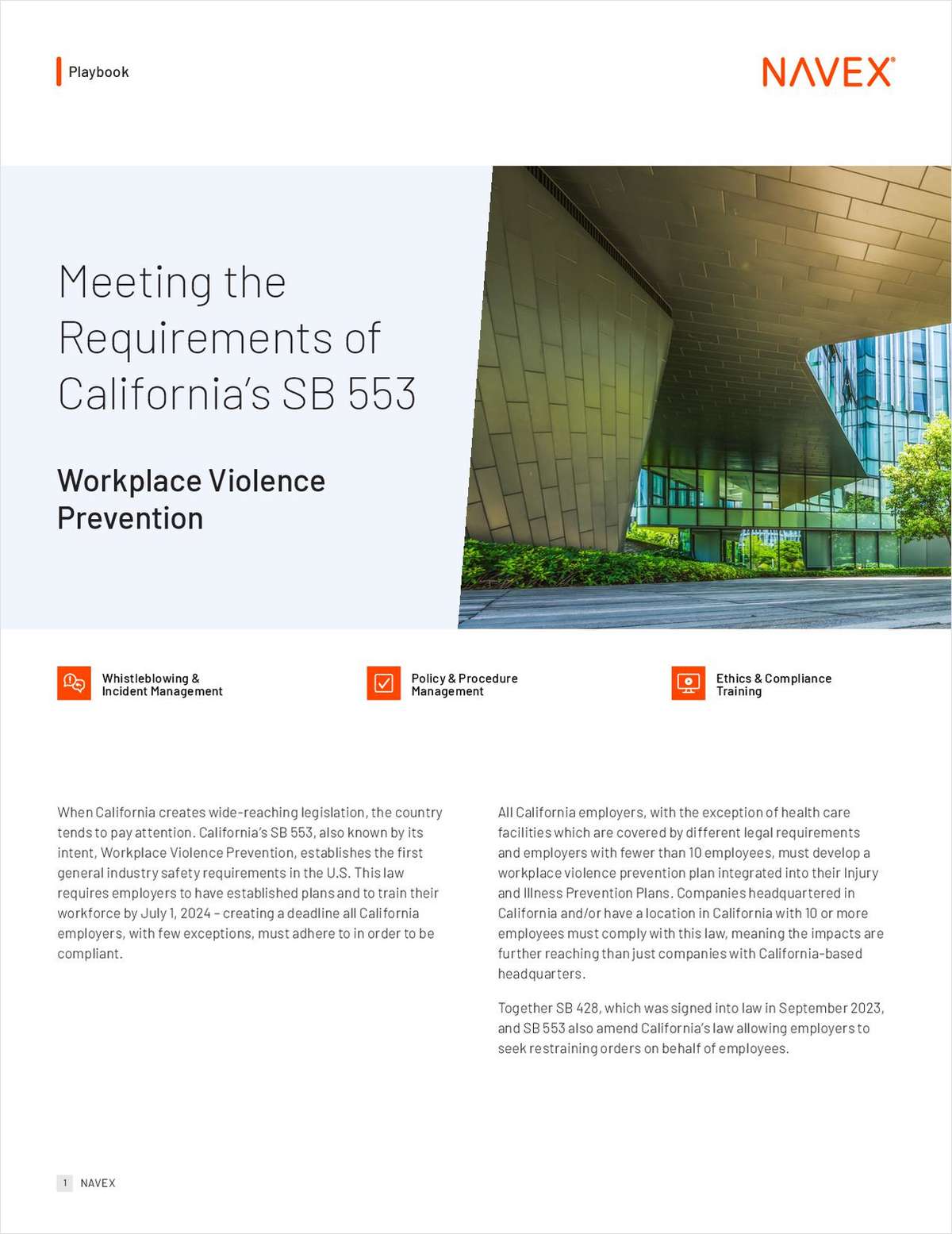 Impeachment witnesses (l to r): Noah Feldman, Pam Karlan, Michael Gerhardt and Jonathan Turley. Photo: Diego M. Radzinschi /ALM
Impeachment witnesses (l to r): Noah Feldman, Pam Karlan, Michael Gerhardt and Jonathan Turley. Photo: Diego M. Radzinschi /ALMBattle Royale: Republicans, Legal Scholars Face Off Over Donald Trump's Impeachment
Stanford's Pam Karlan sparred with Republicans on the House Judiciary Committee as she and other legal experts testified on whether Trump's conduct is impeachable.
December 04, 2019 at 07:29 PM
8 minute read
The original version of this story was published on National Law Journal
Legal experts battled with Republicans over impeachment both on and off Capitol Hill on Wednesday, as the House Judiciary Committee heard testimony from constitutional law scholars on the legal grounds for impeaching President Donald Trump.
Democrats on the committee tapped three scholars to testify about Trump's conduct: Harvard Law School's Noah Feldman, University of North Carolina School of Law's Michael Gerhardt and Stanford Law School's Pamela Karlan. In turn, Republicans brought in George Washington University Law School professor Jonathan Turley.
Conservatives cried foul over being able to call only one witness. And they labelled the witnesses invited by Democrats as being anti-Trump. Rep. Doug Collins, the top Republican on the Judiciary Committee, was critical of the witnesses from the start of hearing.
"America will see why most people don't go to law school. No offense to our professors," Collins said during his opening statement.
"But please, really, we are bringing you in here today to testify on something most of you have already written about, all four, for the opinions that we already know, out of the classrooms that maybe you are getting ready for finals in, to discuss things that you probably haven't even had a chance—unless you are really good on TV and watching the hearings for the last couple of weeks, you couldn't have possibly actually digested the Adam Schiff report from yesterday or the Republican response in any real way."
But Karlan apparently did take offense to Collins' remarks.
"Mr. Collins, I would like to say to you, sir, that I read transcripts of every one of the witnesses who appeared in the live hearing because I would not speak about these things without reviewing the facts," Karlan said. "So I'm insulted by the suggestion that as a law professor I don't care about those facts."
Many lawyers, particularly former federal prosecutors, have been vocal critics of the Trump administration. They've gained large online followings, and several frequently make cable news appearances to help detail and explain alleged legal offenses by Trump and other executive branch officials.
The president has criticized attorneys hired by the House Judiciary and Intelligence Committees as "TV lawyers." However, there has been bipartisan claims that Trump committed impeachable offenses and that House Democrats' impeachment inquiry is being conducted properly and within the law.
Labor Secretary Eugene Scalia, son of the late U.S. Supreme Court Justice Antonin Scalia, recently charged that some Big Law conservatives have been self-censoring themselves out of fear of reprisal.
"Our elite law firms are hesitant to get involved in cases that might generate criticism from the left of center or that might conflict with views that other lawyers in the firm hold personally," Scalia said at a Federalist Society event last month.
The animus toward such attorneys seemed to spill into the impeachment hearing Wednesday, particularly during Karlan's exchanges with Republicans.
At one point. Republican Rep. Matt Gaetz read out loud political contributions made by the panelists to Democrats like Hillary Clinton and former President Barack Obama.
And Gaetz criticized Karlan for a quip she made about how Trump could "name his son Barron, but could not make him a baron." He said that the remark "makes you look mean."
The Trump campaign also released a statement on Karlan's comment, calling for Democrats to rebuke her.
"Pamela Karlan thought she was being clever and going for laughs, but she instead reinforced for all Americans that Democrats have no boundaries when it comes to their hatred of everything related to President Trump," campaign spokeswoman Kayleigh McEnany said. "Hunter Biden is supposedly off-limits according to liberals, but a 13-year-old boy is fair game. Disgusting."
Even First Lady Melania Trump, who has been silent on impeachment so far, weighed in. She wrote in a tweet that Karlan "should be ashamed of your very angry and obviously biased public pandering, and using a child to do it."
Karlan apologized for her remark later in the hearing. "It was wrong for me to do that," she said, adding that she wishes that Trump would apologize for his own conduct.
The sparring further spilled out of the hearing room, as authors of books on impeachment pushed back on Republicans' characterization of their published works.
For example, minority counsel Paul Taylor read out loud passages from the book "To End a Presidency: The Power of Impeachment," by Laurence Tribe and Joshua Matz, in an effort to try and delegitimize the impeachment inquiry.
Matz is on leave from Kaplan Hecker & Fink as he's joined the Judiciary Committee to help with the impeachment inquiry and was seated just feet away from Taylor as the Republican attorney read from his book. Matz declined to comment on the use of his book.
But Tribe, his co-author, quickly replied on Twitter. He said Taylor "grossly misstated" the book.
The Republicans grossly misstated my impeachment book, "To End A Presidency: The Power of Impeachment," pg. 141: pic.twitter.com/ClunoxuGXJ
— Laurence Tribe (@tribelaw) December 4, 2019
Lawyers have previously chimed in to back the House's power to conduct an impeachment inquiry in the way they choose. In October, more than 300 legal scholars signed on to a letter, authored by University of California Berkeley School of Law Dean Erwin Chemerinsky, criticizing White House counsel Pat Cipollone's letter refusing to participate in the impeachment proceedings.
The conservative group Checks and Balances also said in October they backed "an expeditious impeachment investigation, vote in the House of Representatives and potential trial in the Senate."
And on Wednesday, a bipartisan group of attorneys at Lawyers Defending American Democracy issued a statement urging the Judiciary Committee to consider "the many ways President Donald Trump has abused his power and thereby threatens our constitutional framework and not confine itself to the Ukraine matter alone."
During the hearing, Norm Eisen—former ethics counsel for the Obama White House—questioned the three Democratic witnesses about conduct by Trump that built the evidence for three potentially impeachable offenses: abuse of power and bribery, obstruction of Congress and obstruction of justice.
 Jonathan Turley, speaking at the House Judiciary impeachment hearing. Photo: DIego M. Radzinschi/ ALM
Jonathan Turley, speaking at the House Judiciary impeachment hearing. Photo: DIego M. Radzinschi/ ALM
Turley, the lone Republican witness, acknowledged at the hearing that he didn't find Trump's conduct to be completely proper. However, Turkey said he found the record to be too thin to impeach Trump.
He said the House was abusing its own power by declining to allow court battles over witnesses and evidence to play out. That stands in contrast to the Justice Department's stance on the House lawsuits, as those lawyers have argued a judge can't rule on subpoenas as they are a political, not legal, matter.
The other panelists disagreed with Turley. Gerhardt testified that, if the House didn't impeach Trump, "then the impeachment process has lost all meaning and, along with that, our Constitution's carefully crafted safeguards against the establishment of a king on American soil."
But as Turley appeared in the Capitol on Wednesday, a clip of him advocating for then-President Bill Clinton's impeachment in 1998 went viral on social media, sparking claims of hypocrisy.
"If you decide that certain acts do not rise to impeachable offenses, you will expand the space for executive conduct," Turley testified before Congress at the time.
This content has been archived. It is available through our partners, LexisNexis® and Bloomberg Law.
To view this content, please continue to their sites.
Not a Lexis Subscriber?
Subscribe Now
Not a Bloomberg Law Subscriber?
Subscribe Now
NOT FOR REPRINT
© 2024 ALM Global, LLC, All Rights Reserved. Request academic re-use from www.copyright.com. All other uses, submit a request to [email protected]. For more information visit Asset & Logo Licensing.
You Might Like
View All

'Rocket Docket': EDVA Judge Controls Google's Fate in Ad Tech Monopoly Trial
4 minute read
Alabama Man Arrested After Causing Bitcoin Price to Surge, Then Plummet After Fake SEC Tweet
3 minute read
Regulators Say AI Enforcement Sweeps Are Reining in Hucksters, Not Innovation
Trending Stories
- 1The Law Firm Disrupted: Playing the Talent Game to Win
- 2A&O Shearman Adopts 3-Level Lockstep Pay Model Amid Shift to All-Equity Partnership
- 3Preparing Your Law Firm for 2025: Smart Ways to Embrace AI & Other Technologies
- 4BD Settles Thousands of Bard Hernia Mesh Lawsuits
- 5A RICO Surge Is Underway: Here's How the Allstate Push Might Play Out
Featured Firms
Law Offices of Gary Martin Hays & Associates, P.C.
(470) 294-1674
Law Offices of Mark E. Salomone
(857) 444-6468
Smith & Hassler
(713) 739-1250








